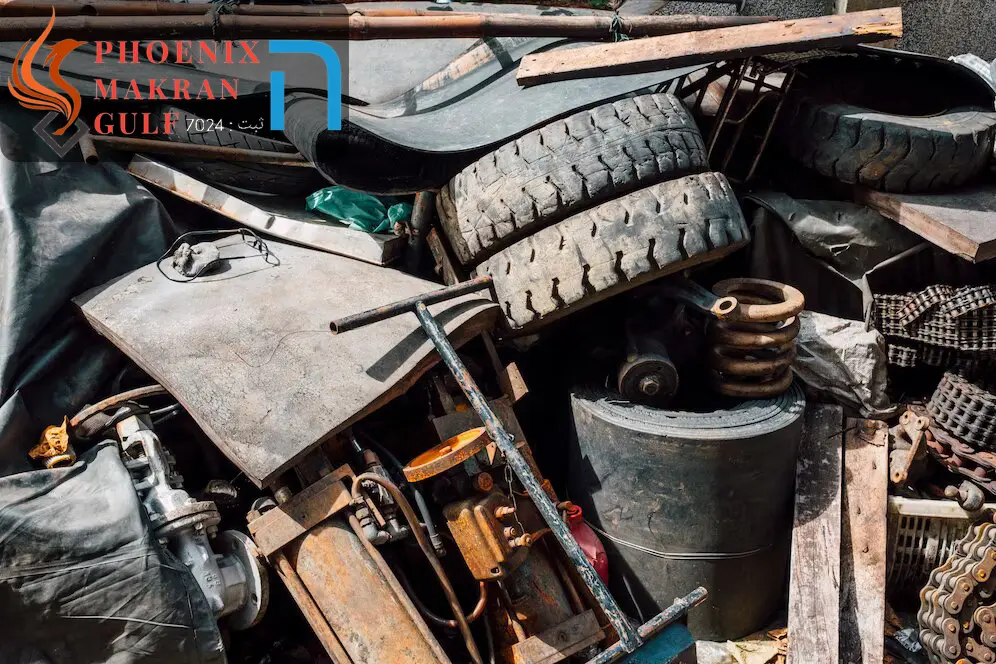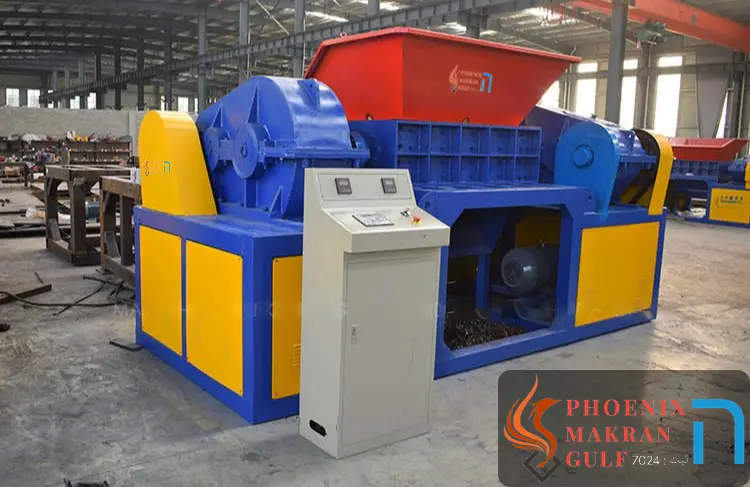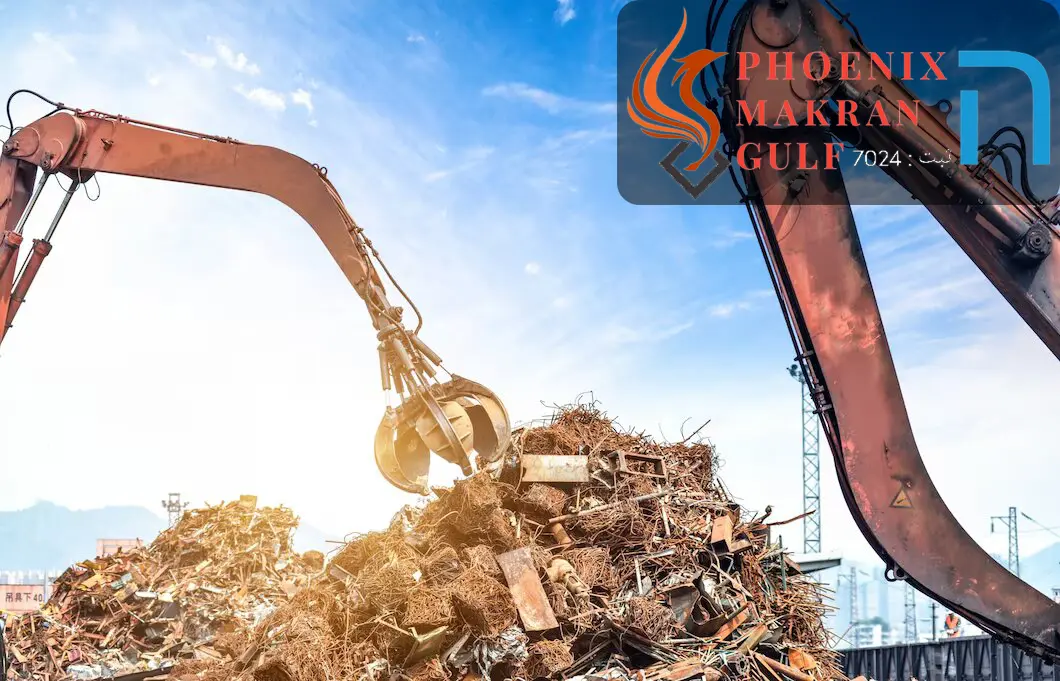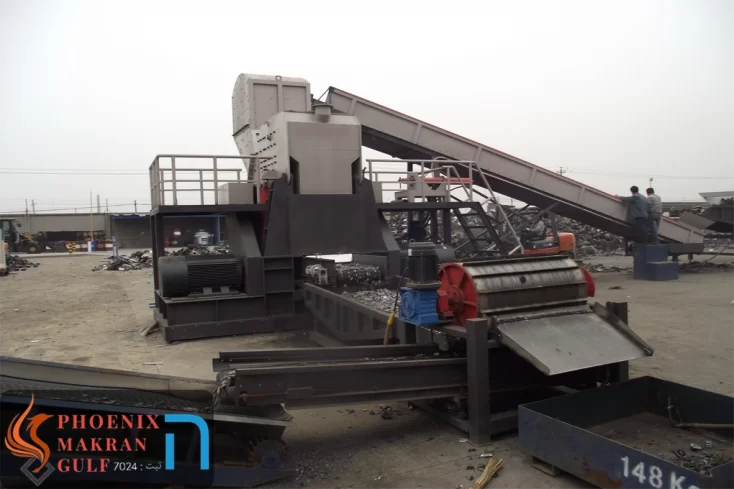Waste or industrial waste
Industrial waste is an umbrella term used to describe materials that are no longer used after the completion of the manufacturing process.
Waste materials produced by industries or industrial processes are called industrial waste. These wastes become a great source of environmental pollution if mismanaged.
Producers of industrial solid waste are responsible for evaluating the waste and demonstrating its non-hazardous nature, either by documenting the waste characteristics and/or by laboratory testing.
We distinguish between solid and liquid industrial wastes because they are managed in very different ways and produced on very different scales.
All kinds of industrial waste
Industrial waste can be divided into the following two categories:
- Biodegradable industrial waste
- Non-biodegradable industrial waste
Biodegradable waste: some industries such as paper industry, food industry, sugar industry, wool industry, etc. produce more biodegradable industrial waste. Management of these wastes can be done with low cost and easily.
Non-biodegradable waste: Chemicals, metals, plastics, paints, rubber, etc. are examples of non-biodegradable waste. These materials can remain in landfills for thousands of years without any damage. The toxins from metals and plastics soak into the ground and pollute the soil and water sources. Cleaning materials such as detergents, etc., manufacturing industries, coal industries, dyeing industries, etc., generate a large amount of non-biodegradable industrial waste. Management of this type of waste is difficult and very toxic in nature.

Industrial solid waste
Industrial solid waste is waste generated by businesses from an industrial or manufacturing process, or waste generated from non-manufacturing activities that is managed as a separate waste stream. Businesses that use manufacturing or industrial processes, or are service or commercial establishments, are likely to generate industrial solid waste. It is a special classification of non-hazardous and non-domestic waste that requires a special assessment by law to determine the appropriate disposal and recycling method.
Although the term “industrial waste” includes several different types, one of the most common is industrial solid waste. Every year, a significant amount of waste is generated and disposed of, or recycled.
Some examples of industrial solid waste can be considered as:
- In the industry of agricultural chemicals and mineral chemicals
- In the iron and steel industry
- In the production of plastic and resin
- Textile and fabric production
- wood industry
- and many other manufacturing processes mentioned above.

Disposal or recycling
Most industrial solid waste disposal methods are similar to municipal waste – reduction, reuse and recycling are common strategies used by industries to minimize their waste generation. Often these are only used if it helps them save money or improve efficiency in a manufacturing or industrial process. Fortunately, in many cases, finding ways to improve efficiency and increase profits in industrial processes is aligned with producing less waste or recycling waste in general.
Phoenix Makran Gulf Company is a manufacturer of various types of industrial and recycling machines, for more information and order, please refer to the link below.





Thanks a lot for sharing this with all of us you actually know what you’re talking about! Bookmarked. Kindly also visit my web site =).!
Thanks for sharing. Properly disposing the industrial waste helps a lot